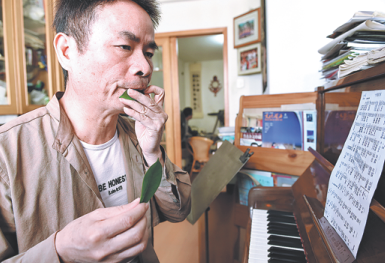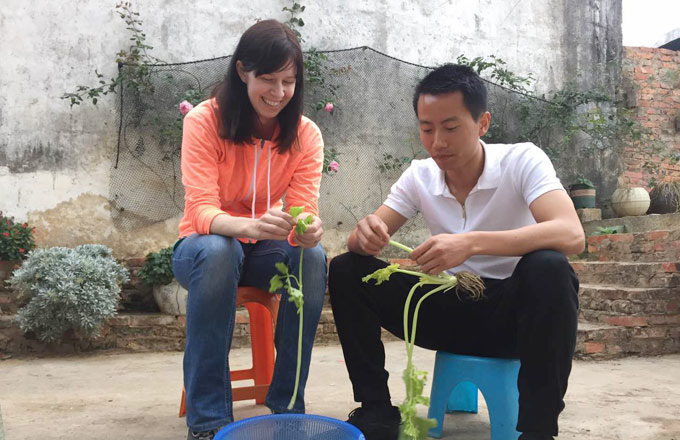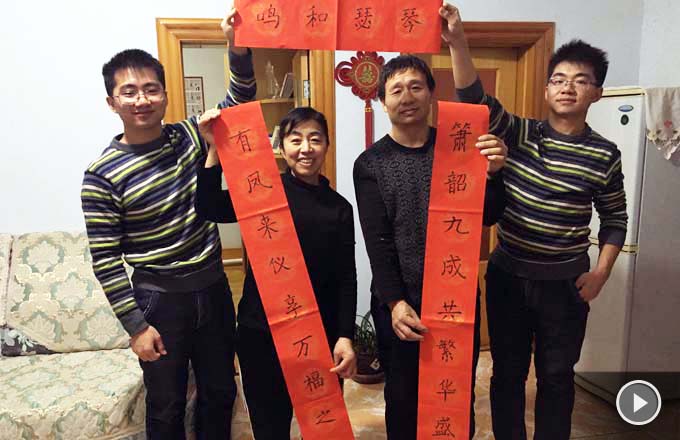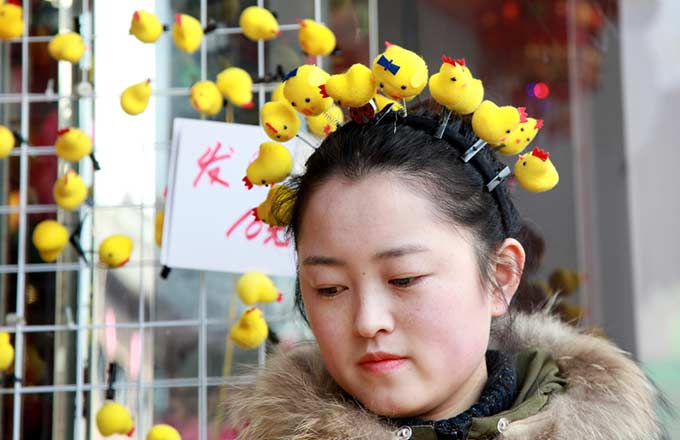Making music by blowing on leaves
Qiu Shaochun is arguably the most famous leaf-blowing musician in China.
|
|
The European audiences were eager to see, touch, and even asked to keep the "magic" leaves he used, Qiu recalled.
"Leaves may be the oldest, simplest and most accessible musical instrument in the world," he said.
"Our ancestors learned to blow the leaf more than 10,000 years ago for entertainment and communication."
Growing up in Fuyang village, Shanghang county, Fujian, Qiu would spend hours listening to fisherman make music by blowing on leaves.
He learned the technique from his father, a high school music teacher, and later majored in erhu, a two-stringed bowed instrument, before joining the Fujian Provincial Song and Dance Theater in 1985.
In the years that followed, Qiu became an accomplished erhu player, but he never gave up on his childhood dream of making leaf-blowing his career.
This he achieved when he joined the traveling theater company from Xiamen in 1996.
Qiu is dedicated to pushing the boundaries of his art. Over the years, he has extended the range of notes he can play on a leaf to three octaves-more than an erhu-and in addition to Chinese songs, he also plays well-known foreign tunes.
He has likewise improved his playing methods by emphasizing control and adjustment of breath. "Once you can direct the flow of breath at will, music just flows out through the leaf," he said.
Though any kind of leaf can be used as an instrument, it is crucial to choose tough, smooth and thin leaves, said Qiu, adding that he prefers the leaves of the banyan, the city tree of Fuzhou, capital of Fujian, where he now lives.
"Some people suggest plastic or fabric substitutes," he said.
"That may be all right. But just as the electronic organ cannot replace the piano, fresh leaves are irreplaceable."
To Qiu's delight, the number of leaf-blowing musicians appears to be increasing in China. Under his tutelage, his home village now boats a leaf-blowing band made up of 10 villagers-the only one of its kind in the province.
And the master's musical talents are still in high demand-during Spring Festival he performed at a gala in his hometown accompanied by 16 teenage leaf-blowing musicians, playing a melody that he composed himself.
In October, Qiu was invited to give a series of lectures and performances on the campus of the Chinese University of Hong Kong, encouraging a group of 15 amateurs-including several professors-to give leaf-blowing a go.
He is now spearheading efforts to get leaf-blowing included on UNESCO's intangible cultural heritage list.
"We've commenced a long journey of rejuvenating the ancient folk art," he said.



















